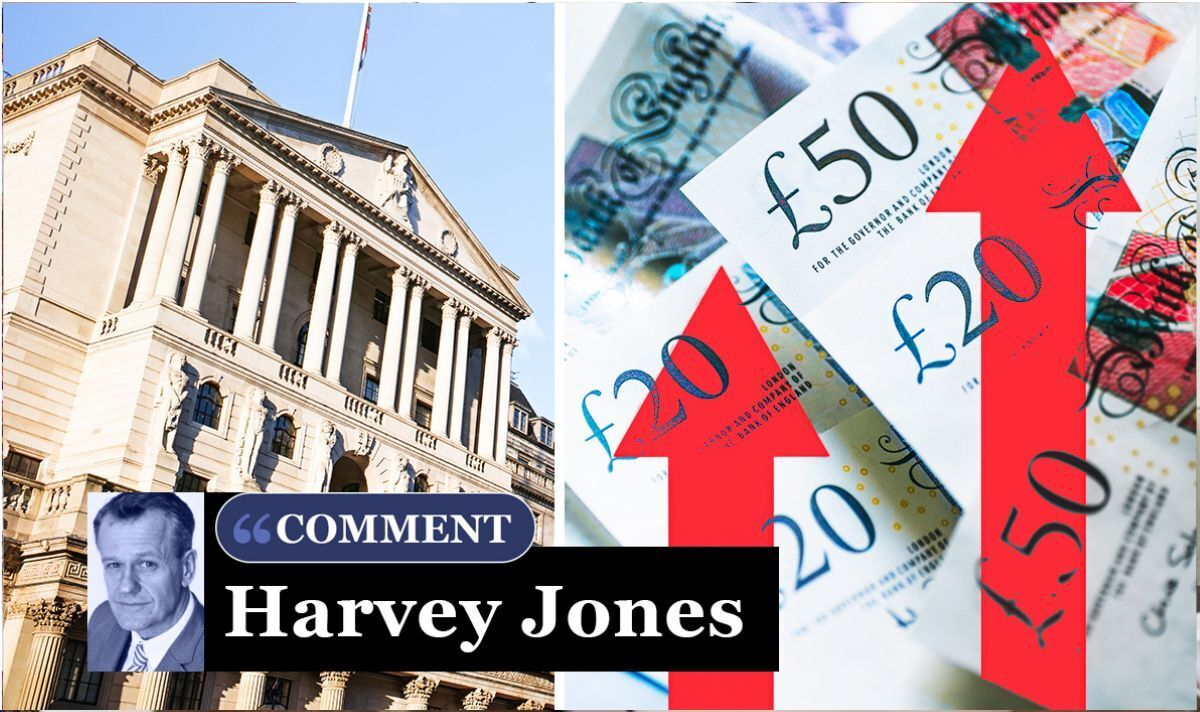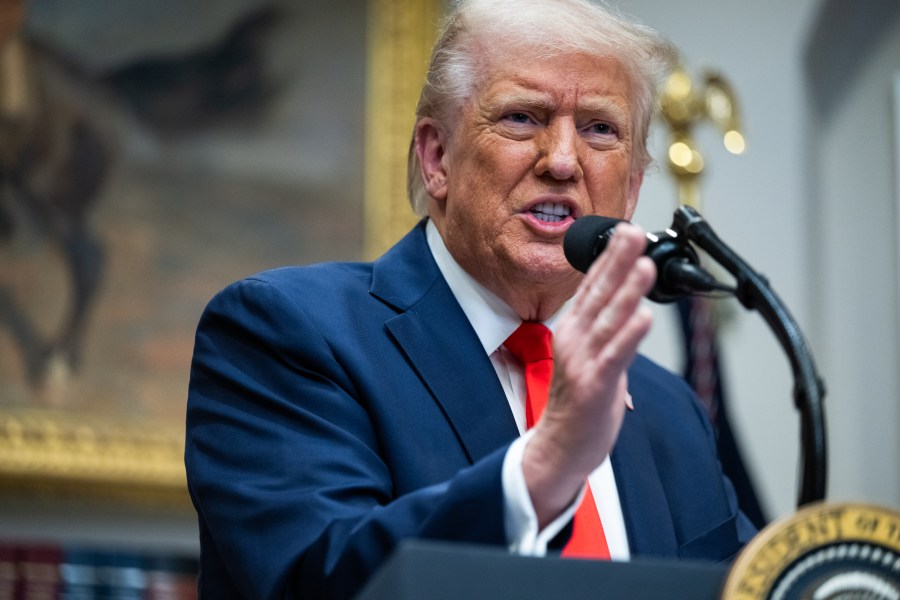
I don’t normally have much sympathy for the BoE given all the mistakes it has made. However, I do recognise it has one job to do yet has only been handed the bluntest of instruments to do it with. That job is to keep inflation in check. The main tool at its disposal is hiking interest rates, which after a slow start it has done with gusto.
Since December 2021, its rate-setting monetary policy committee (MPC) has hiked base rates 14 times from 0.1 percent to today’s 5.25 percent.
The aim is to take the heat out of the economy, by making it more expensive for consumers and businesses to borrow money, and that’s exactly what it’s done.
I’ve been calling on the MPC to ease up for months as it risks doing more harm than good, and it finally seems to be listening to widespread concerns that it has gone far enough.
The MPC has now held interest rates for two meetings in a row, even if it was a close vote on both occasions.
So I was relieved to see chief economist Huw Pill saying the BoE will be prepared to cut rates by the middle of next year.
There’s only one problem. We can’t wait that long.
The BoE was too slow to wake up to the initial inflation threat, dismissing it as “transitory”. Now it needs to avoid making the opposite mistake and pressing down too hard as inflation slows.
Tighten monetary policy takes around 18 months to have an impact. Now we are beginning to feel serious pain as one firm after another announces a wave of redundancies.
Consumer price inflation was disappointingly high in September at 6.7 percent, which is more than three times the Bank’s target of two percent.
However, many now expect it to plunge below five percent when October’s figure is published on November 15.
Even the BoE expects inflation to hit 4.75 percent by year end, which would allow Prime Minister Rishi Sunak and Chancellor Jeremy Hunt to claim success in their drive to push it below five percent this year.
On Tuesday, UK bond yields fell faster than anywhere else in Europe in a sign that markets expect inflation to fall even faster than predicted.
The yield on two-year UK gilts, which are most sensitive to changes in the interest rate outlook, plunged to 4.60 percent, the lowest since June.
Invesco director Mark Dampier reckons there are will be further sharp drops to come.
He refuses to believe today’s lazy mantra that rates will stay “higher for longer”. “I think bond yields are saying they are not believers either,” he said.
Julian Jessop, economics fellow at the Institute of Economic Affairs, has taken issue with BoE governor Andrew Bailey’s claim that it is much too early to be thinking about rate cuts.
Jessop said the hikes have gone far enough. “Economic activity and inflation have both been weaker than the Bank had expected, money and credit growth have collapsed, and business surveys are already signalling recession.”
READ MORE: Interest rates set to start falling and sooner than BoE says
Jessop would cut rates now, saying: “My vote would be for an immediate 0.25 percent cut to five percent. Just as importantly, I’d also vote to pause ‘quantitative tightening’.”
Quantitative tightening is the second tool the BoE has at its disposal, designed to shrink the amount of liquidity or money supply in the economy.
Yet the money supply is already shrinking, and fast, which suggests further economic pain to come. Monetarist Tim Congdon says the UK now faces deflation as the money supply suffers “the largest one-year drop in the modern statistical record”.
The UK economy has been incredibly resilient but now the BoE needs to ease up.
We can’t afford to wait until the second half of next year and I don’t think we’ll have to, either.
Unless events in the Middle East spiral out of control and unleash another energy shock, I think inflation will fall at speed as the economy takes a beating.
When it does, the Bank of England has to be on its toes and get those rates down. It can’t afford to be caught off guard again, and neither can we.






